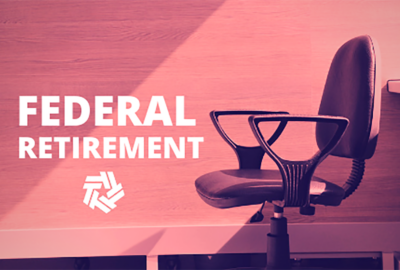About 80% of consumers really do not even know that you can refinance your auto loan. Most of us are familiar, if you have a mortgage, that you can refinance your mortgage at a lower rate. We get advertisements for that all the time, but you can also do it with your car.
Jay Fee
Vice President, Consumer Banking, PenFed Credit Union
Paying for your car is probably the worst part about actually owning a car. There’s nothing that ruins a nice drive more than remembering that pesky auto payment every month.
But, that payment may not need to be as painful as you think. With the economy shifting during COVID-19, and interest rates dropping to historic lows, refinancing may be an option make your payment a little more palatable.
“Auto refinancing is, as the name implies, fundamentally reducing your interest rate,” said Jay Fee, vice president of consumer banking at PenFed Credit Union, as part of Smart Auto Shopping and Financing sponsored by PenFed. “About 80% of consumers really do not even know that you can refinance your auto loan. Most of us are familiar, if you have a mortgage, that you can refinance your mortgage at a lower rate. We get advertisements for that all the time, but you can also do it with your car.”
Fee said there are a lot of reasons people may not have gotten the lowest interest rate when they first bought their car. It could have been due to other dealer incentives to lower the initial cost of the car, the buyer’s credit score when they purchase the vehicle or the lender giving out the loan at the time purchase.
However, those who refinance generally save between $100 and $150 per month on their monthly payments, Fee said.
First-time borrowers, or consumers who have taken out few loans, are particularly good candidates for auto refinancing because their credit scores may tend to get better with time, even during the first few years of paying down their auto loan.
“More and more, the industry sees people get into six- or seven-year auto loans.” Fee said. “If you’re a year or two into it, when you got that loan you may have had a completely different payment or loan structure, you may have had a completely different debt structure than you had before. You may not have even had a demonstrated payment history [on your credit report], if it’s your first auto loan, and all of those factors can help improve your credit score.”
Those considerations plus the higher rates that are available longer finance terms can lead to good candidates receiving higher rates overall on their first loan at the time of purchase. Sean Worthy, assistant vice president for corporate and business development at PenFed Credit Union, says, “credit scores are one of the most important factors in determining your rate, along with other important factors.”
“If your credit score has improved since the initial purchase loan, that’s one of the most important factors to determine whether or not you’re going to get a better interest rate, which inevitably, is going to allow you to save more over the life of loan,” Worthy said. “Understanding what your goals are – whether it’s lowering your monthly payment, lowering your interest rate or both – will help frame up whether or not you should consider the auto refinance.”
Fee and Worthy said that many lenders offer access to credit scores that consumers can take advantage of if they are considering auto refinance.
“If you consider PenFed to apply to get a new auto loan there are no costs other than your time,” said Chris Kleczynski, director of direct auto lending at PenFed Credit Union. “You come to PenFed, you say ‘Hey, I’ve got this loan, I want to refinance with you guys.’ Other than you taking the time to fill out the application, accept an offer, get the payoff quote and provide certain information then there is no cost to apply.”
Listen to the full program:
Copyright
© 2025 Federal News Network. All rights reserved. This website is not intended for users located within the European Economic Area.










